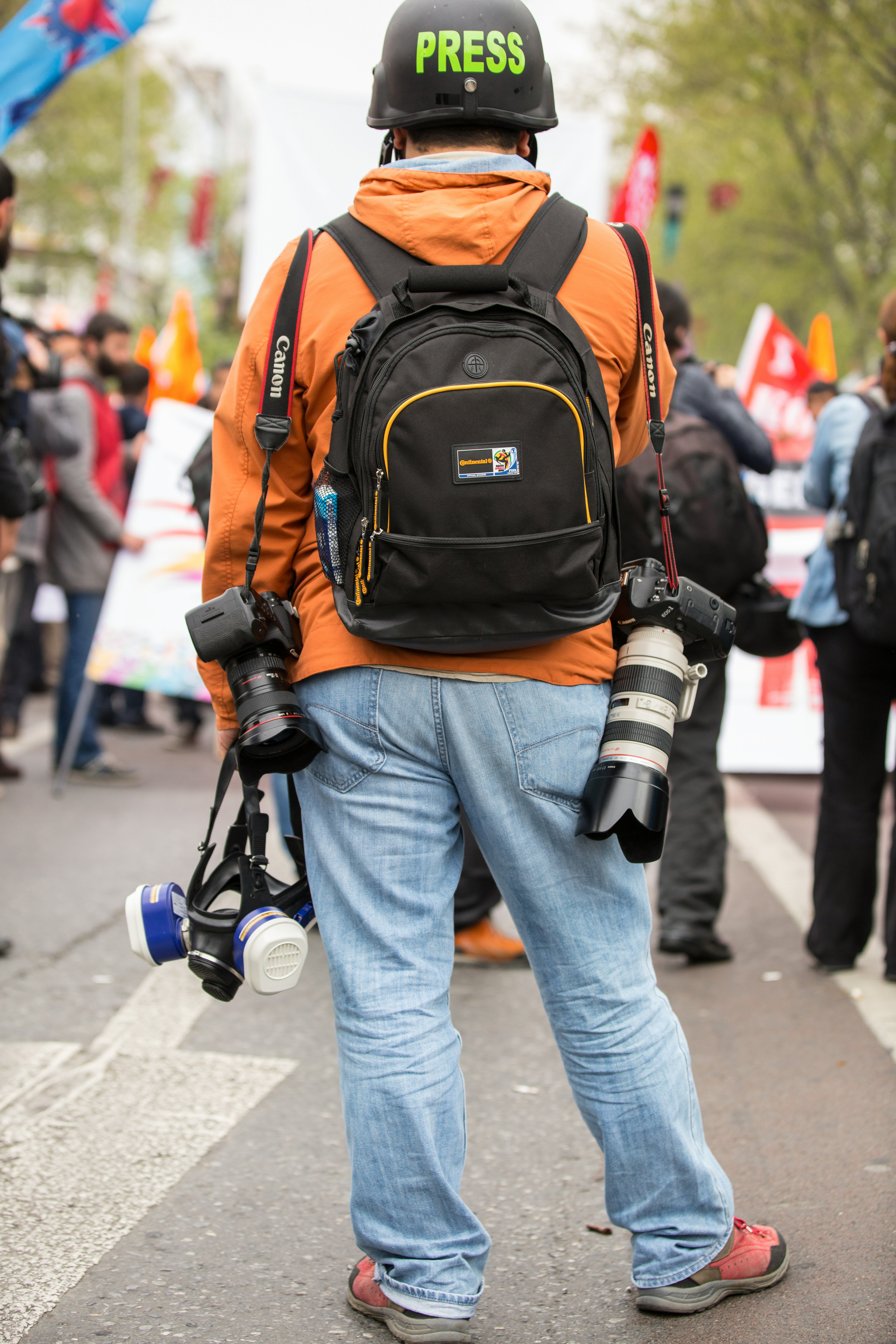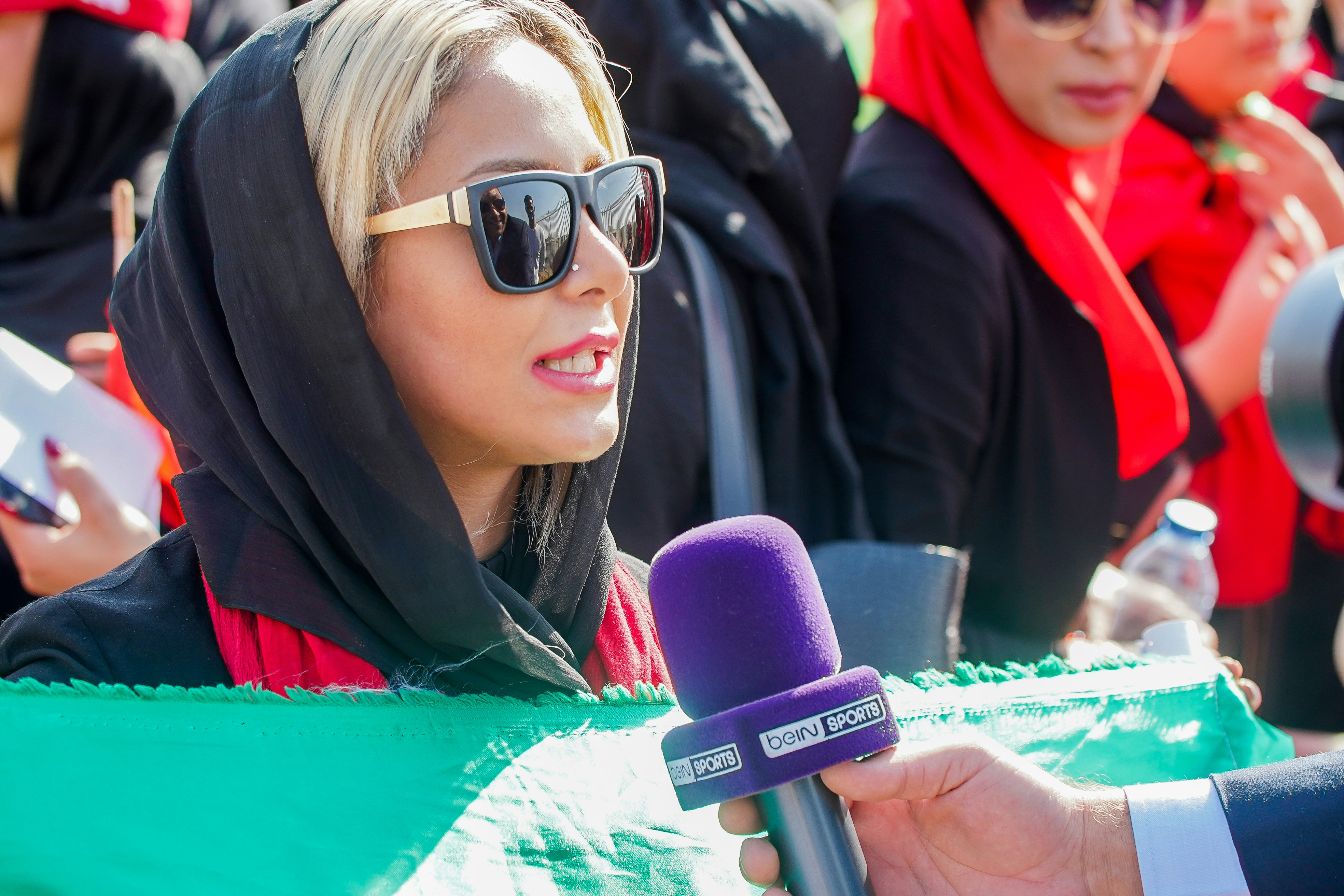
Just as digging into an Ultius review might reveal insights for your academic journey, delving into the world of citizen journalism can uncover untold stories, especially in conflict zones. Citizen journalism has become vital in areas where traditional media might not have access or may present a biased view. Becoming a citizen journalist in these areas is both challenging and impactful.
Let’s explore what it takes to report from the heart of conflicts. We’ll focus on aspects that aren’t usually highlighted.

To be a citizen journalist in a conflict zone, you should go beyond the surface level of reporting. This means immersing yourself in the history, culture, and social dynamics of the region. It’s not just about the immediate events; it’s about understanding the underlying causes of the conflict, the stakeholders involved, and the impact on local communities.
You can get invaluable insights by engaging with local residents, reading works by local authors, and following local news sources. This deeper understanding will help you convey the stories with the nuance and sensitivity they deserve.
It’s about painting a complete picture for your audience, one that reflects the complexities and realities of life in a conflict zone.
Your safety is paramount. Here’s a checklist to help ensure you stay safe while reporting:
Your safety is not just important for you but also for those who depend on your reporting to understand the realities of these conflict zones.
In the high-stakes environment of conflict zones, ethical journalism is your guiding star. Telling stories with integrity involves several key principles:
All of it influences your credibility as a journalist and the lives and perceptions of those you’re reporting about.

Technology is both a tool and a weapon. It empowers you to capture and share stories that might otherwise go untold. Here are some ways to utilize technology effectively:
Always be aware of the digital footprint you’re leaving and take steps to protect your data and sources.
Building a network in the field of citizen journalism is like weaving a safety net made of diverse threads – each thread representing a different ally or resource. This network is your support system, providing guidance, information, and sometimes even protection.
It includes fellow citizen journalists who share insights and experiences, local activists who know the lay of the land, and NGOs that offer resources and support. Even connections with international journalists can provide platforms for your stories to reach a wider audience.
Networking is a two-way street, though – it’s as much about what you can offer as what you can receive. Whether it’s sharing your footage with an NGO or collaborating on a report with a fellow journalist, every interaction strengthens this network.
In the unpredictable environment of a conflict zone, having a robust network can make all the difference.
The only constant is change. Laws, political situations, and even the physical landscape can shift rapidly. Staying agile and adaptable is key. This means staying abreast of the latest news, understanding new laws affecting journalism, or keeping up with technological advancements.
Adaptability also involves being resourceful and creative in overcoming challenges. Maybe it’s finding a new way to transmit your reports when traditional methods fail or adapting your storytelling to resonate with different audiences. It’s about being ready to pivot your strategy, learn from the ground, and evolve your approach as the situation demands.
Becoming a citizen journalist in conflict zones is a path filled with challenges, learning, and profound impact. It requires a deep understanding of the conflict, unwavering commitment to safety and ethics, smart use of technology, and building a strong network.
Your efforts in bringing untold stories to light can change perspectives and impact lives. It’s a journey worth embarking on.